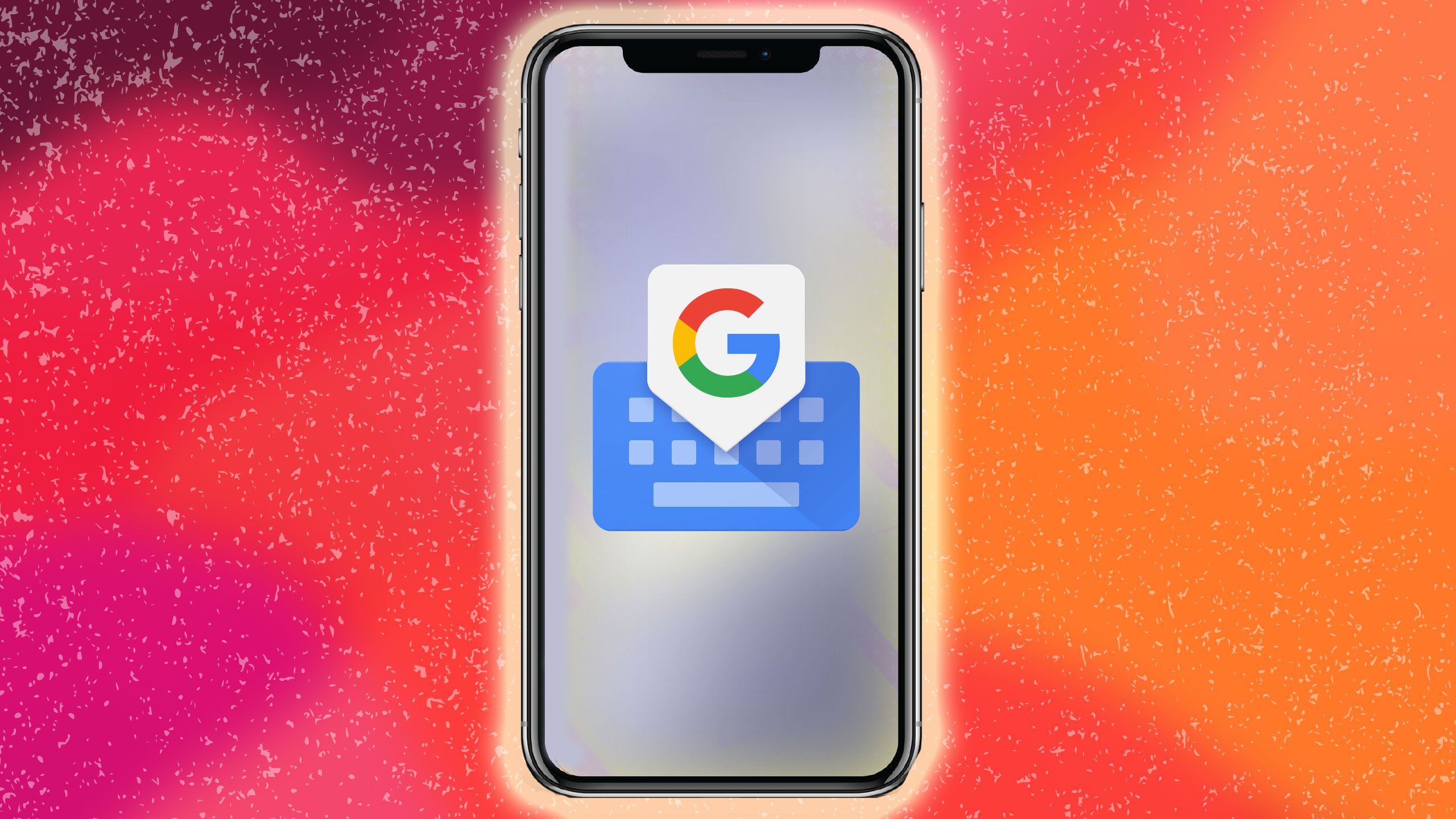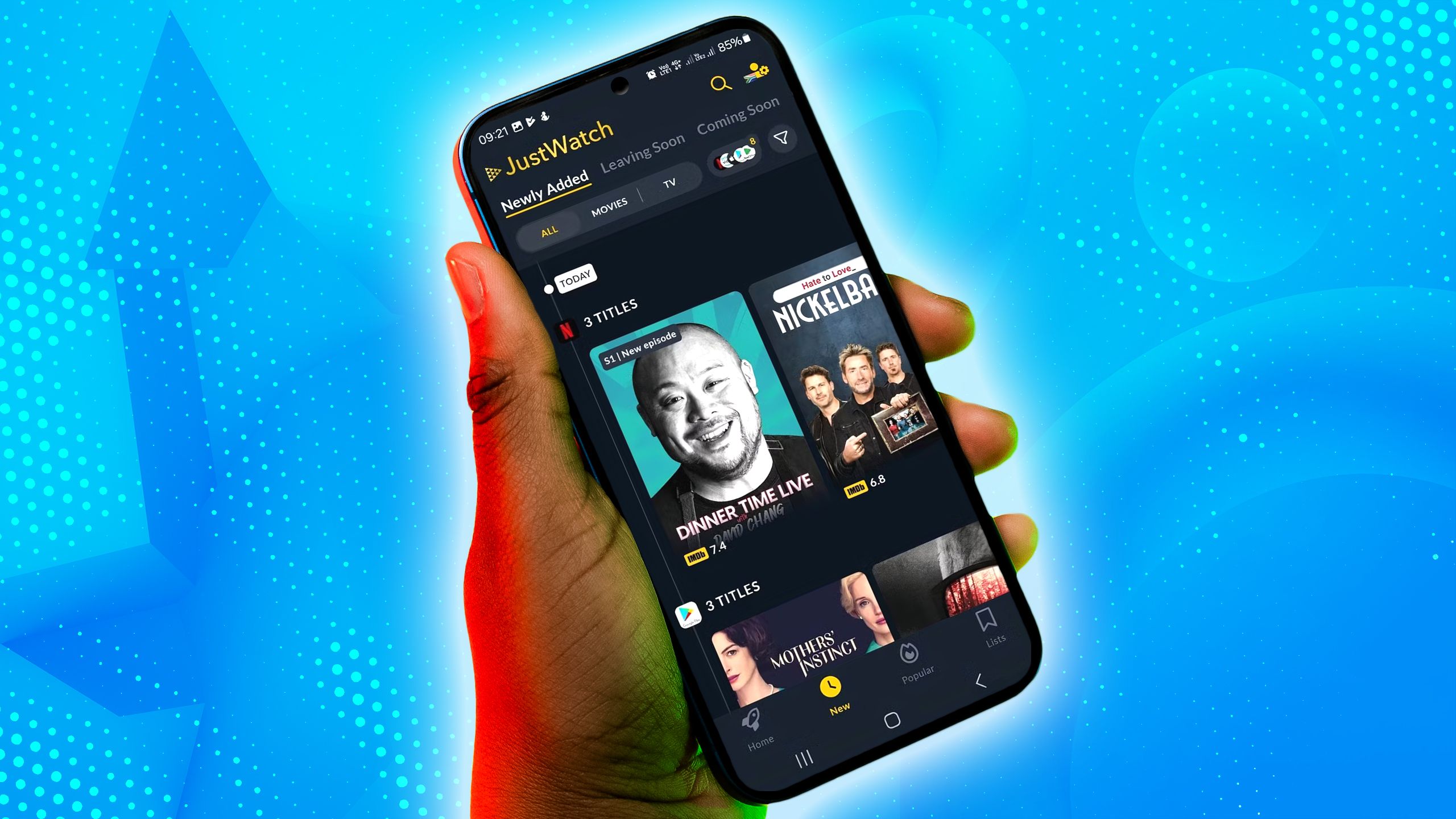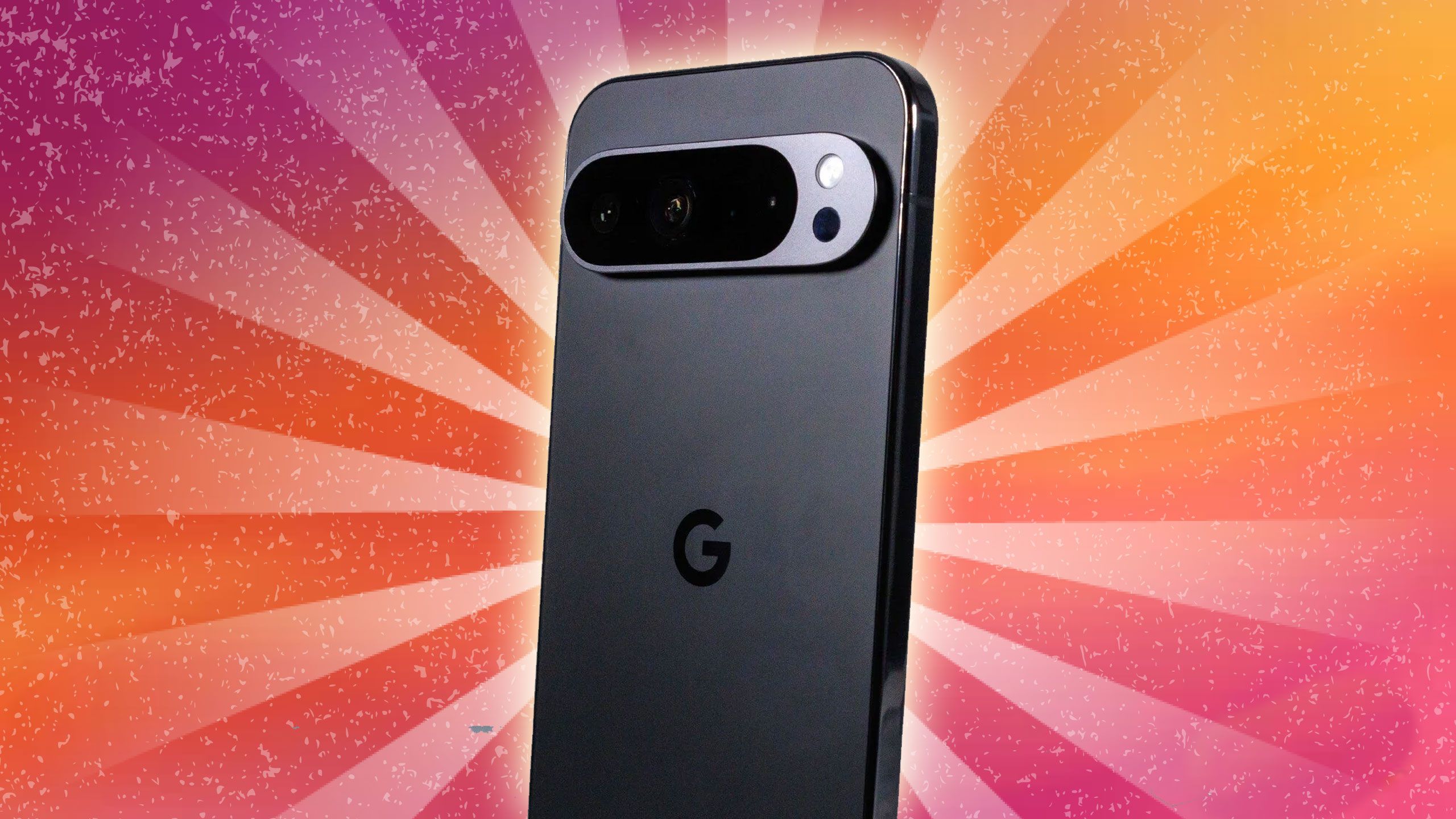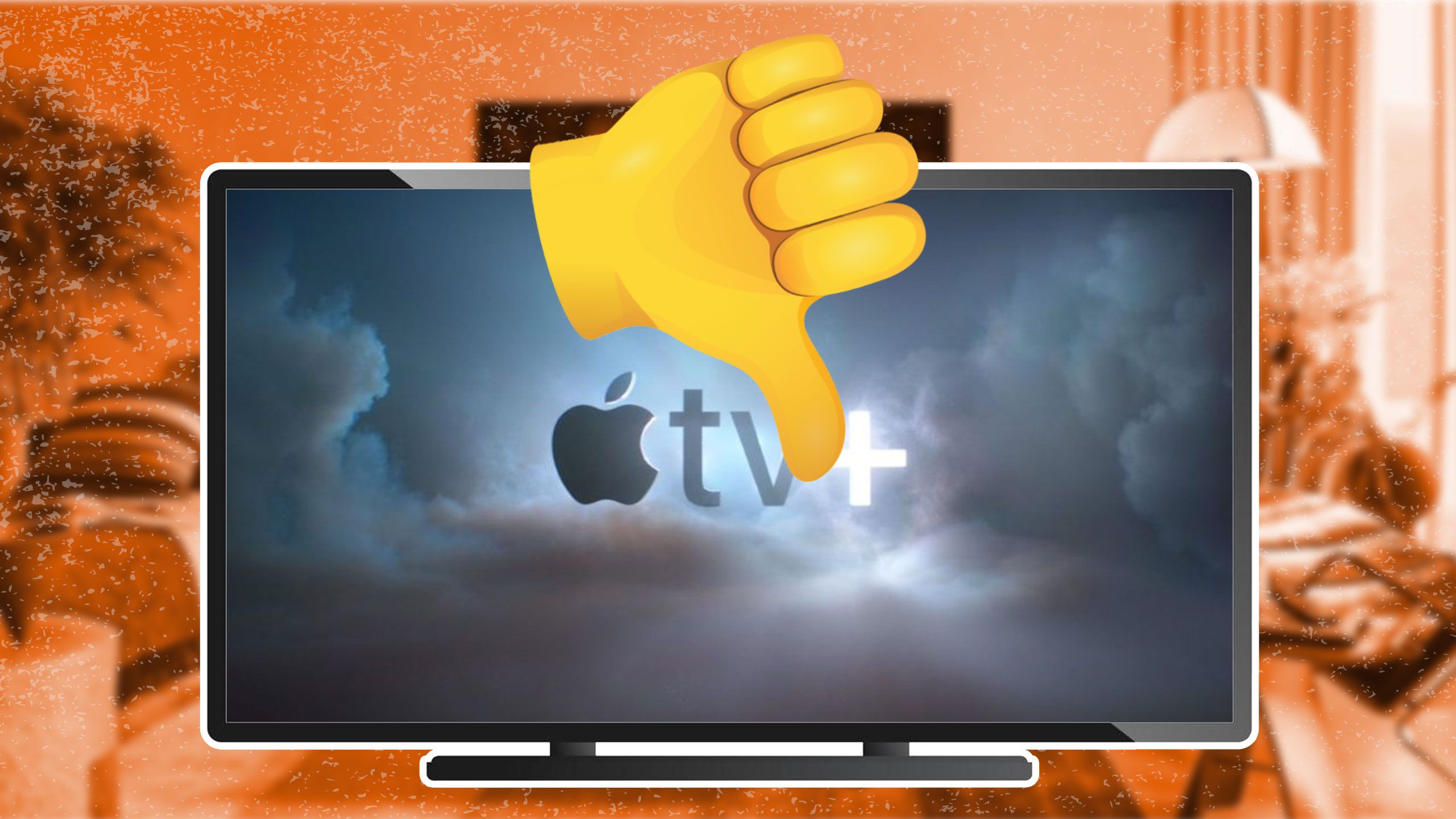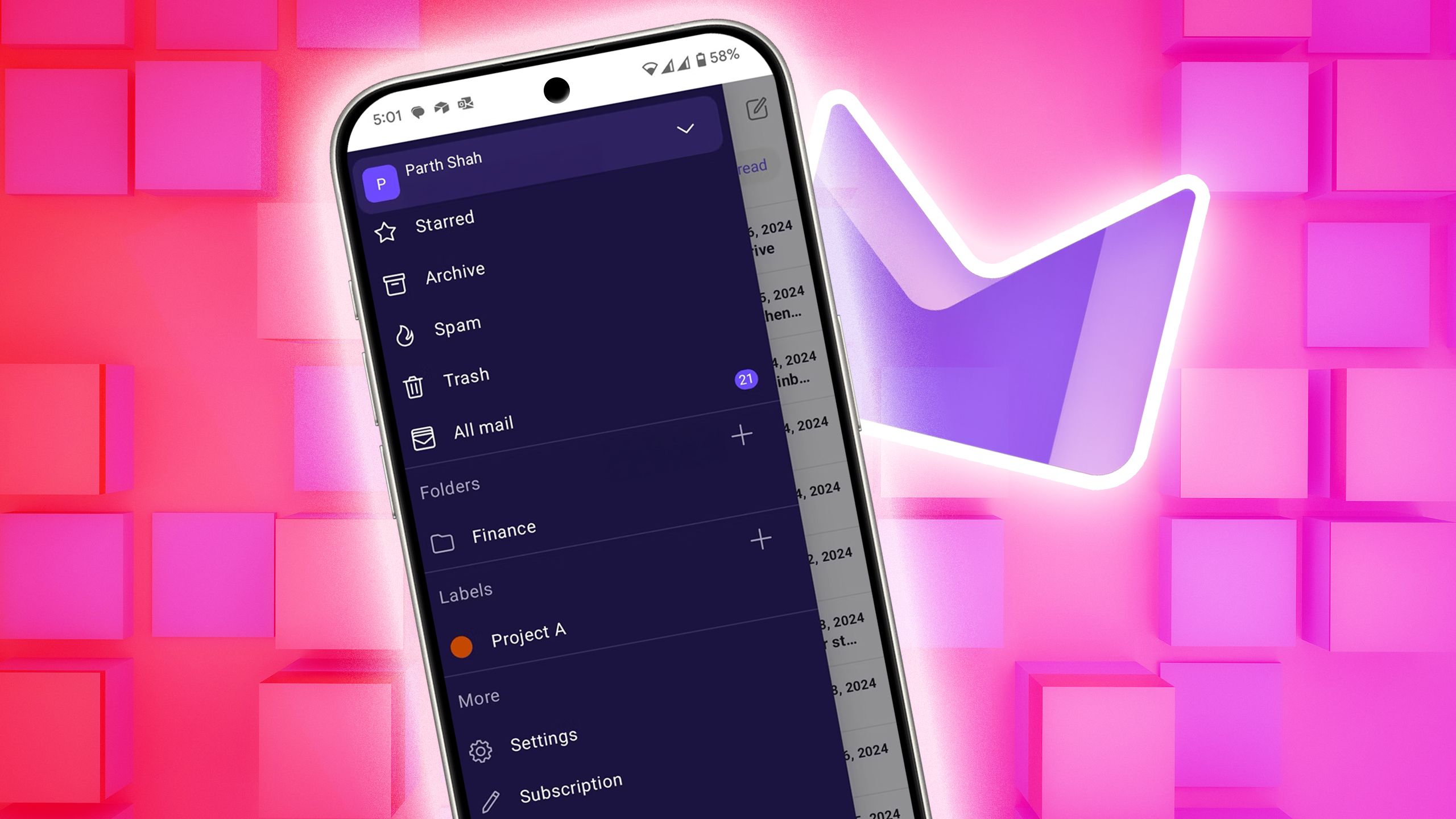ChatGPT Plus will get a big update this week – here’s why it’s a big deal
ChatGPT Plus subscribers will soon be getting early access to experimental new features for the popular chatbot. Web integration and plugins are rolling out in beta next week, which could prove to be two interesting updates to the chatbot.
If you’re subscribed to ChatGPT Plus, a new beta panel will appear in your settings next week. Once the panel has popped up, you’ll be able to try the two new features – though of course, most users are likely to gravitate to the AI’s more important and likely more interesting web browsing capabilities.
(Image credit: ChatGPT)
According to OpenAI’s official blog post on the beta features, the new internet-connected version of ChatGPT will know when and how to browse the internet to answer questions about recent events or topics. This means you could ask ChatGPT about something going on in the news, about whether or not you should take a scarf on your afternoon dog walk, or dig up trivia for more recent films and TV shows.
Why does this matter?
This new beta puts ChatGPT in a similar sphere to Microsoft’s Bing Chat, without explicitly turning it into a search engine. The big takeaway is that ChatGPT will basically be able to identify when it lacks information to answer a query and needs to search the internet for a relevant source.
This should make asking for citations a lot easier and – hopefully – a lot more accurate. Alternatively, the chatbot will simply be able to direct you to a webpage that might help. This means that ChatGPT (or at least, the beta version available to Plus subscribers) will no longer be reliant on the limited dataset it was trained on.
However, the issue that comes with chatbots having the ability to scour the web at will is that they often don’t have an appropriate frame of reference or the physical real-world mobility to reliably pick out misinformation. ChatGPT could cross-reference what it finds and try to ‘verify’ the authority of the source, but it can’t truly confirm the information is true in the real world.
Say you want to know about something that is currently ongoing in the real world, like the real-time weather in your area. An AI can’t properly go outside to verify these things are true. With ChatGPT now able to search the web of its own accord, I hope that it will effectively prioritize reputable sites and sources – and avoid digging into incorrect information.
The good news is that OpenAI is taking a relatively conservative approach here. It’s a smart idea to have this feature tested on a smaller scale, with only plus subscribers having initial access and the beta feature being opt-in only.
It’s a safer way to start rolling out features like this without forcing it on the entire user base – a lesson that Microsoft could possibly learn from OpenAI, rather than shoving Bing AI into everything on Windows. With this change, we could see a smarter ChatGPT with more real-life applications, rather than just a text-content-vomiting machine.



